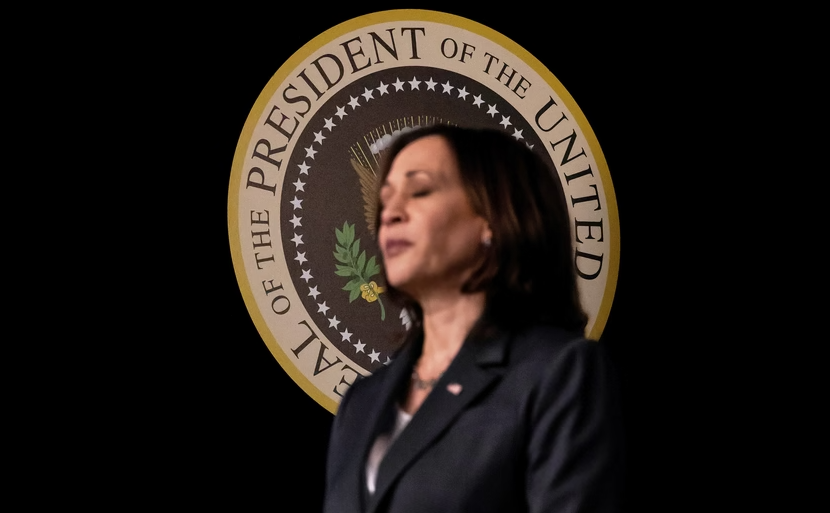






In the aftermath of the 2024 presidential election, which saw Donald Trump reclaim the presidency and Republicans regain control of Congress, the Democratic Party faces significant challenges regarding its economic messaging. James Carville, a prominent Democratic strategist, emphasized in a recent New York Times essay that the party's loss was primarily due to its failure to effectively communicate its economic agenda. He stated that the Democrats have 'flat-out lost the economic narrative,' allowing Trump to appeal successfully to middle-class and low-income voters despite a strong U.S. economy. [ff7b7bd0]
U.S. Rep. Paul Tonko echoed these sentiments on January 29, 2025, criticizing the Democratic Party for its ineffective messaging compared to the GOP's straightforward economic-focused narrative. He pointed out that the party has become too technical in its communication, failing to resonate with voters. Tonko noted the GOP's significant victory in the 2024 election, where Trump won with a 312 to 226 Electoral College margin and received over 77 million popular votes against Kamala Harris. He believes that rather than overhauling the party, Democrats need to improve their messaging to connect better with the electorate. [b1b111c3]
In a related analysis, Carville reiterated his famous phrase from 1992, 'It’s the economy, stupid,' attributing Vice President Kamala Harris' loss in the election to the Democrats' neglect of economic issues. He urged the party to adopt a populist economic agenda and utilize new media platforms for effective communication, suggesting that authenticity on economic matters will be crucial for future candidates. [715faaef]
Carville publicly acknowledged his error in predicting that Kamala Harris would win the 2024 presidential election, emphasizing that the Democrats lost primarily due to economic issues. He stated, 'It was, it is, and it always will be the economy, stupid.' While the U.S. economy is strong, many Americans feel disconnected from this prosperity, which contributed to Trump's success in securing middle- and low-income voters. [3975f5e5]
Zhipei Chi's analysis earlier pointed out that the Democratic Party's focus on foreign policy, particularly its strategic competition with China, overshadowed pressing domestic economic issues, leading to widespread voter discontent. This disconnect was echoed by Maxime Leonard, who noted that the party's centrist shift under Kamala Harris alienated younger voters and failed to engage with critical issues like the abolition of the death penalty and the war in Gaza. [417beeec][292fe3e8]
Political scientist Ron Seyb also noted the party's disorganization and the need for a clear message, emphasizing that the Democrats must address their internal conflicts to effectively communicate with voters. Noah Smith further elaborated on the internal struggles within the Democratic Party, highlighting the divide between the 'abundance' faction advocating for progressive economic policies and the 'power' faction focused on maintaining control. This internal conflict has significant implications for how the party addresses economic issues and engages with voters. [f1e233f2]
Carville criticized the Democratic rhetoric against 'ultra-MAGA' as politically tone-deaf, suggesting that the party should focus on contesting the Republican economic agenda rather than attacking Trump personally. He urged the party to reconnect with voters by effectively messaging about the economy, which remains a top concern for many Americans. [ff7b7bd0]
The electoral rout for the Democrats was further symbolized by Vice President Kamala Harris's repudiation, reflecting a broader rejection of President Biden's policies. Many voters felt that the administration's focus on international relations detracted from addressing domestic economic woes, which were at the forefront of voters' minds. [417beeec]
As Trump prepares to take office again, Kerry predicts immediate executive actions that could reverse significant policies, particularly in climate agreements and immigration. He stressed the urgency of addressing climate change and the need for collaborative efforts among major emitters like China, the U.S., and India. [51fa3002]
In light of these developments, the focus on economic messaging remains paramount. As both parties prepare for future elections, addressing these economic factors and the cultural disconnect will be crucial for candidates seeking to win over voters. Leonard's op-ed and Chi's analysis serve as reminders that the Democratic Party must reevaluate its strategies and engage meaningfully with its base to avoid repeating past mistakes. Smith's insights into the party's internal dynamics highlight the necessity for Democrats to adopt an abundance agenda to counteract Republican opposition and reconnect with voters. [292fe3e8][417beeec][f1e233f2]